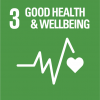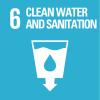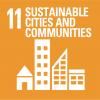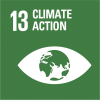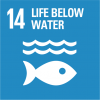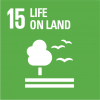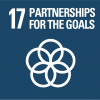In 2019, the city of Soria produced 425 kg of solid urban waste per inhabitant, according to official data. This means an average of 1.13 kg per inhabitant, per day.
Analysing the differences between 2019 and 2009, we noticed that waste sorting increased by 19%, while the total amount of SUW generated only increased by 5%, as the population grew by 0.33%.
The percentage of waste sorting in 2019 was 16%.
Since 2014, a public-private joint venture has been in charge of Soria’s integrated water cycle management: supply, sewerage and purification.
On 2 October 2020, the Board of Directors of the state-owned company ‘Aguas de las Cuencas de España’ (ACUAES), together with the Ministry for Ecological Transition and Demographic Challenge, approved a contract to build the Wastewater Treatment Plant (WWTP) in Sinova (Soria).
The new treatment plant will cover the needs of approximately 135,000 inhabitants and up to 180,000 in the future. It will also prevent the negative impact of waste discharge and help to preserve vulnerable areas.
Disposing of waste materials by means of incineration or landfill accumulation has high economic and environmental costs, and directly affects the health of the community.
On a national level, emissions from waste disposal accounted for 4.3% of total emissions in 2018, registering an increase of +0.7% over the previous year.
To implement a circular economy in our city, we have to eradicate the concept of waste. This debate should focus on issues such as:
- How to encourage industries in Soria to develop technical cycles to keep materials in use, as well as reuse and recover components.
- How to create awareness of the consumer habits we need to change to eradicate waste, and which incentives are necessary to accelerate this transition.
- How to adopt material recovery alternatives that are currently available.
In conclusion, it is necessary to enforce the current policy of waste separation and recycling. Although, the main challenge will be to reduce the amount of waste generated.
Circular design will play a key role in Soria in the upcoming years, helping to limit the environmental impact of each product by up to 80%. Meanwhile, we must explore models that ensure the maximum use of materials while encouraging collaborative economies and cooperative ownership. For example, promoting the use of mobile applications that allow for appliances to be rented, rather than bought and stored.
The bioeconomy and value addition at source are great alternatives to create opportunities in Soria. Harnessing the use of raw materials of biological origin paves the way for the substitution of contaminating materials, and for the development of a clean, innovative, and efficient industry.
